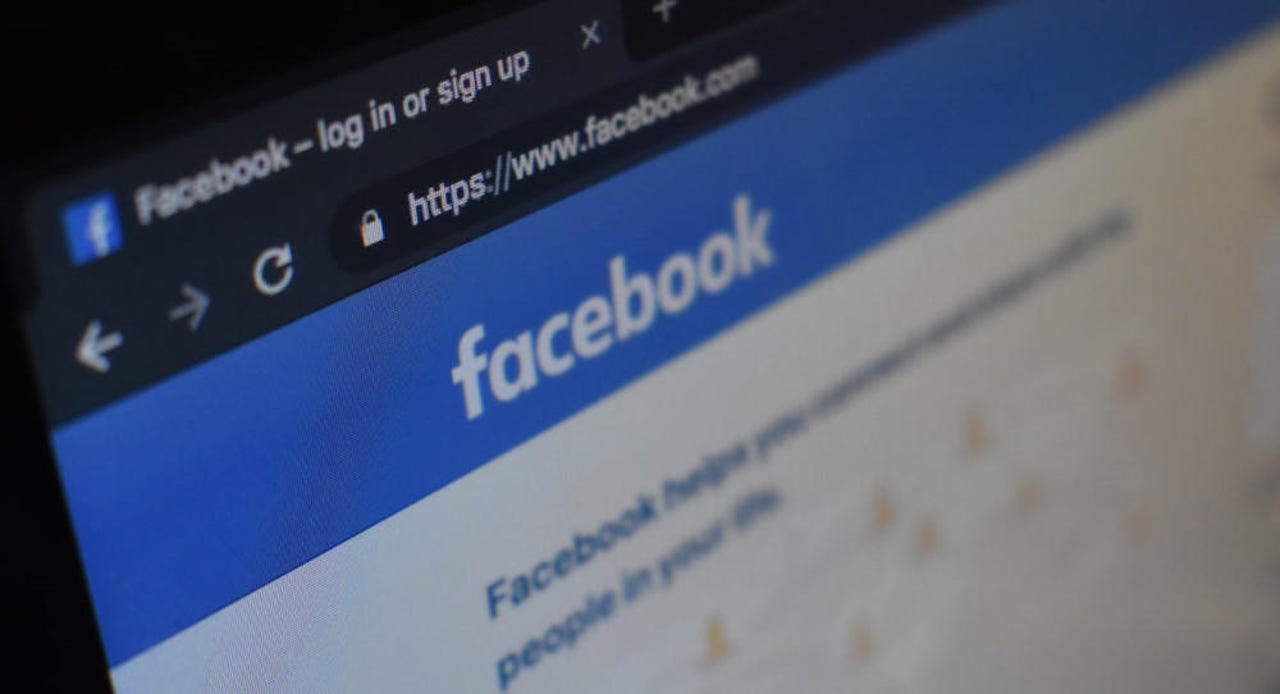Disinformation for hire: PR firms are the new battleground for Facebook


Facebook global head of security policy Nathaniel Gleicher has detailed the new disinformation paradigm his platform is battling, with an influx of adversaries using public relations or marketing firms to do their bidding.
Gleicher told the Select Committee on Foreign Interference Through Social Media that, last October, Facebook removed a network that was linked to marketing firms based in the UAE, Nigeria, and Egypt. The network targeted public debate around the world, primarily in the Middle East and Africa, but with some focus in Australia.
"[There is] an increasing use of marketing firms or PR agencies that are essentially running disinfo-for-hire businesses: You hire them and they run your disinformation campaign," he said on Friday morning.
"We've seen these around the world, we've seen a couple of them as far back as 2018 … but we've seen more use of them lately."
See also: Countering foreign interference and social media misinformation in Australia
Gleicher said Facebook has seen this approach play out in two ways, with the first seeing actors that otherwise wouldn't have the resources or the skills to run an influence operation, hiring a firm to do that for them.
"We've seen smaller local campaigns, for example, not long ago in the Mexican election, a number of operations linked to smaller and local campaigns run by these firms," he said.
The second, he said, was the more sophisticated threat actors using PR firms as a way to launder their identity.
"When we investigate a CIB operation, our teams work to understand who's behind it. We can't always identify who's behind it, obviously, that can be challenging, but we have a number of tools to use to expose, for instance, a government is running it or an actor is behind it," he explained.
"But if a government or a bad actor hires a PR firm, they pay them not on Facebook, and they don't communicate with them on our platforms. We may be able to track it back to the PR firm, but we won't be able to make the connection to the actor behind it."
He said the late 2019 operation that targeted Australia had links to three separate marketing firms.
"I think we should expect more actors to use PR firms and other intermediaries to hide their identity,' he added.
Discussing coordinated inauthentic behaviour (CIB) targeting Australia, Gleicher said Facebook has seen three other instances, in addition to the disinformation-for-hire campaigns.
In August last year, Facebook was used by an operation that acted primarily in English and Chinese and targeted a number of countries, including Australia, and engaged with users on a range of topics such as COVID-19.
Another occurred in March 2019, with Gleicher saying there was an operation that appeared to be a financially motivated operation originating from Macedonia and Kosovo, targeting users around the world, including Australia.
The final CIB instance was a domestic operation in March 2019.
"That was linked to some local political actors in New South Wales," Gleicher said.
Elsewhere, Gleicher said another CIB technique Facebook has seen being increasingly used, particularly by actors linked to Russia and Iran, is getting groups to directly reach out to reporters and try to trick them into writing stories for them.
"The idea being, of course, if you can get a reporter to write your false narrative, you already get a whole bunch of public awareness," he said. "And we've seen this be successful in the United States."
He said there have also been instances of people being tricked into working for one of these campaigns.
"We've seen Russian actors run false media organisations … and they hired local reporters or freelancers who didn't know any better to write for them, trying to make the voices appear more authentic, trying to have more impact," he added.
MORE FROM THE INQUIRY
- Facebook claims 'scheduling issue' in avoiding Australian foreign interference probe
- Facebook says it shouldn't be the arbiters of truth when it comes to political advertising
- Facebook tries to make it harder to find an anti-vax group
- TikTok tells Australian Senate committee it doesn't want to be a 'political football'
- WeChat sets the record straight for its 690,000 Aussie users
- Australia warned to not ignore domestic misinformation in social media crackdown